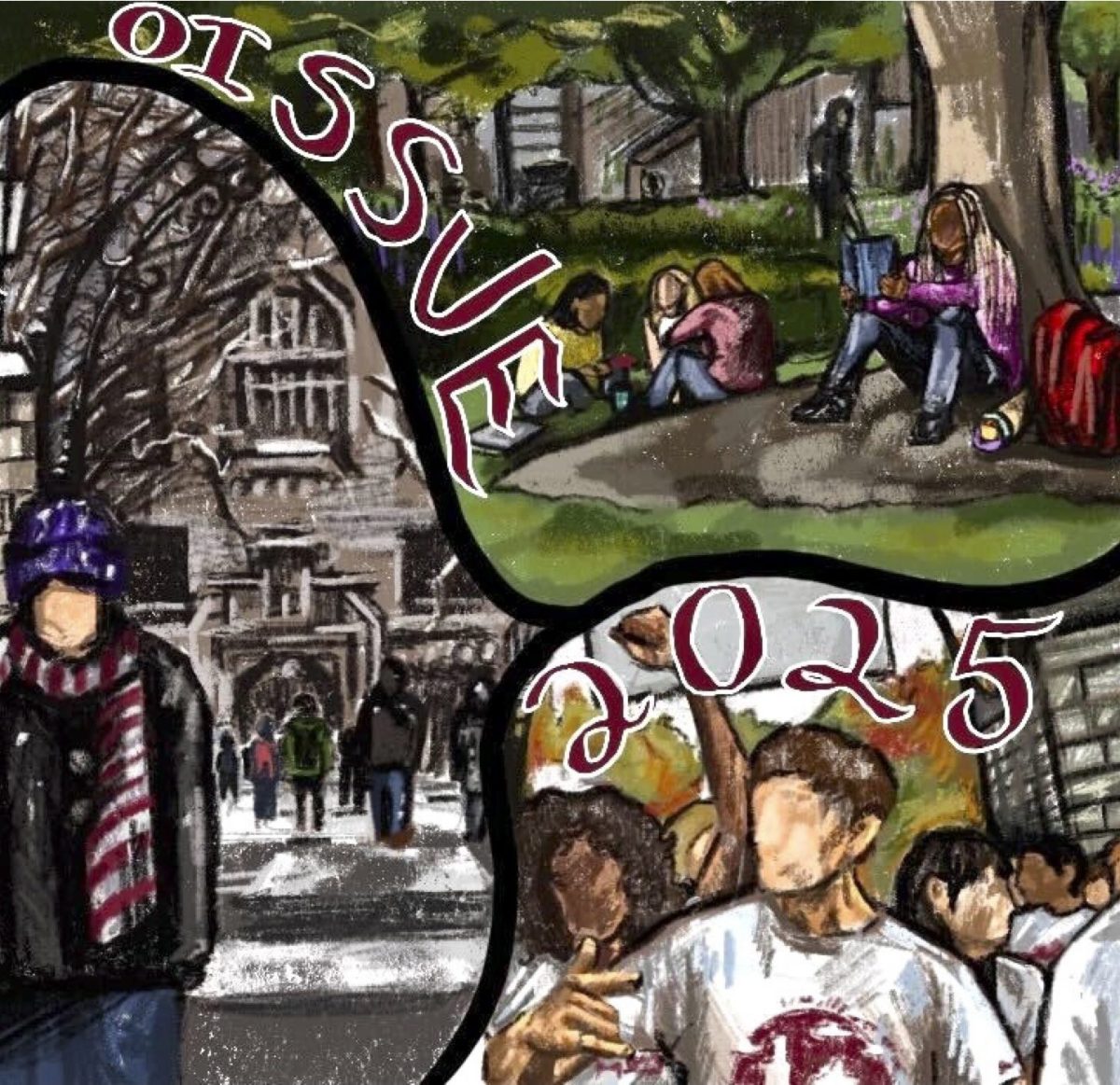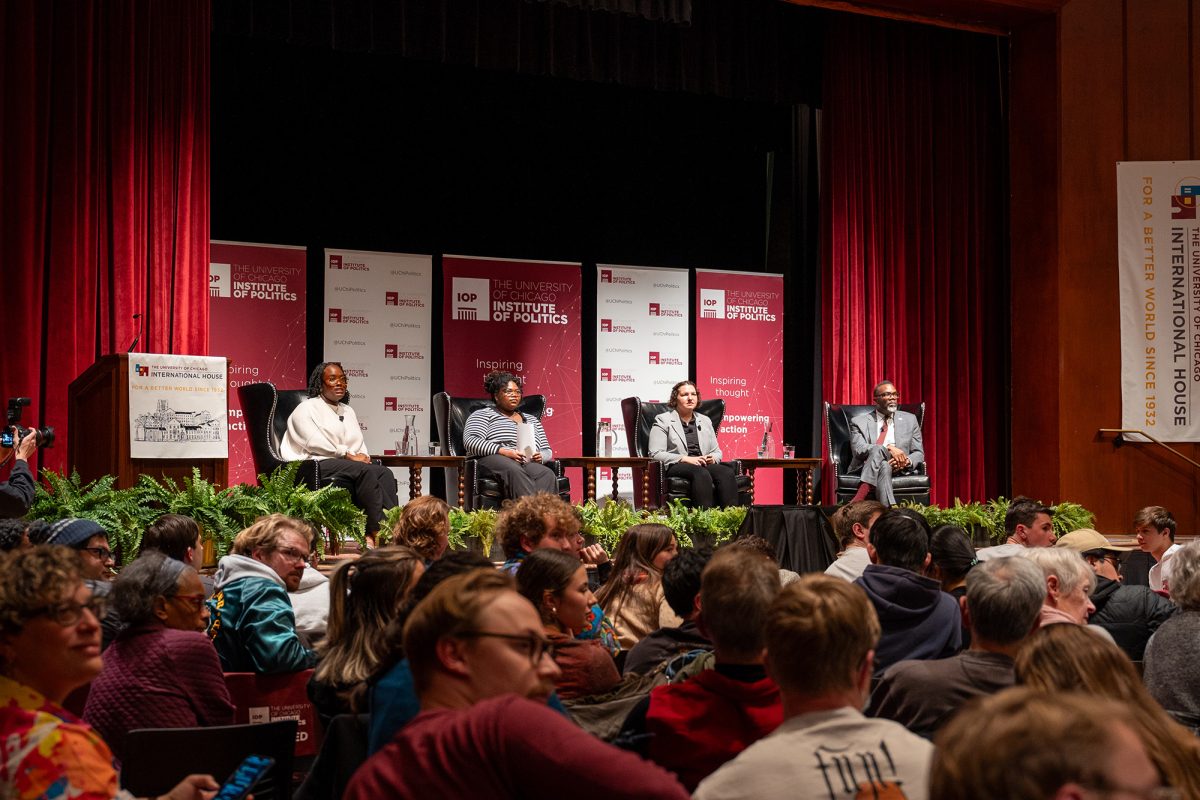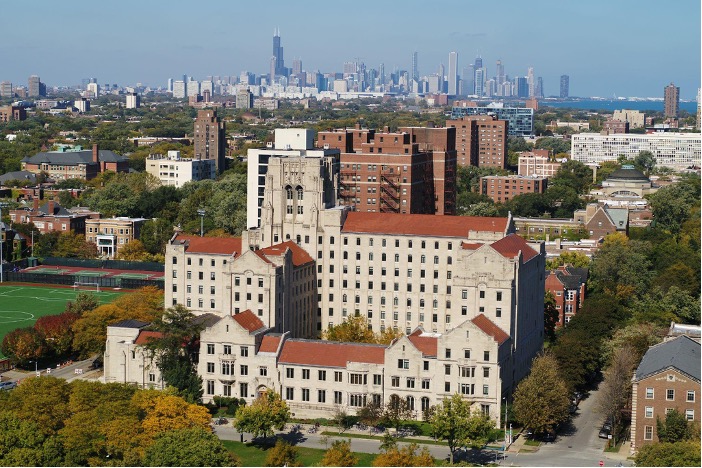The University introduced an exclusive new application round for the 2024–25 application cycle, giving high school students who participated in any of its Summer Session programs—several of which participants pay for—a head start on the admissions process.
Dubbed “Early Decision 0” by some admissions counseling services, the Summer Session Early Notification (SSEN) option was first introduced for the Class of 2029. It allows students who attend a Summer Session to apply to the College under a model similar to the Early Decision 1 (ED1) plan. Summer Session students can apply between September 1 and October 15 and receive decisions on a rolling basis within three weeks or by November 1—the deadline for traditional Early Action and ED1 applications.
For the Class of 2029, Summer Session students were only notified about SSEN once they were already accepted to the program. For the Class of 2030, however, the College had published the option on its website before the Summer Session 2025 application deadline—allowing students to consider SSEN as a part of their decision to enroll in the summer program.
Atiksh Sinha, a rising senior who completed a paid “2 Week Career Insight” program called Technology and Innovation during Summer Session 2025, said SSEN was “one of the biggest” reasons why he—and many of his peers—chose to attend a summer program at all.
“I met a couple students from my school [at the program]—from my grade itself—we saw each other, and we knew exactly why we were there,” Sinha said. “Everyone has that [SSEN option] subconsciously in the back of their mind.” He added that SSEN also appealed to him because it would allow him to complete the admissions process months ahead of most of his peers.
Some residential Summer Session programs can cost over $14,000, though there is need-based aid available on a “first-come, first-served basis.”
When asked for comment about the introduction of SSEN, an Office of Admissions representative directed the Maroon to a “Frequently Asked Questions” page on Summer Session’s website.
The website emphasizes the role Summer Session programming can take in shaping the college planning process. “Over the years, our Summer Session students have shared with us at the end of their program how impactful their time on campus was for them both intellectually and as part of their college search process (and for many, it confirmed for them and their parents that UChicago was a fit for them).”
First-year SSEN-admit Thaddeus Loder, who participated in the Neubauer Phoenix STEM Summer Scholars program, said his Summer Session experience was one of the reasons he applied to the University at all. “Before the Summer Session I had not considered UChicago,” he said. “During the Summer Session, I really enjoyed my time at UChicago and learning about SSEN made me want to come even more.”
Before SSEN, the University offered a functionally similar but unpublicized pathway known as “Rolling Early Decision,” available only to those participating in its “1 Week Enrichment Programs,” according to a student who stated they were admitted via Rolling ED to the Class of 2028 and asked to remain anonymous. This pathway was not publicly listed and was instead communicated to program participants directly by admissions officers. It was discontinued after the introduction of SSEN—which is open to all Summer Session participants—for the Class of 2029.
Many of the “1 Week Enrichment Programs”—such as Emerging Rural Leaders, Neubauer Family Adelante Summer Scholars, and Woodson Summer Scholars—are designed for students from underrepresented backgrounds, focusing on students from rural, Hispanic and Latino, and Black communities, respectively; they are also often offered at little or no cost to their participants: domestic students from households earning $120,000 or less have program fees fully waived, and those from households earning $65,000 or less also receive roundtrip travel coverage. By contrast, financial aid for multi-week programs is available only on a first-come, first-served basis and does not cover travel expenses.
The anonymous Rolling ED student noted that the existence of Rolling ED was not mentioned during the application process for 1 Week Enrichment programs and was only disclosed on “the very last day” of their summer session. The student speculated that this discretion may have been deliberate.
“I genuinely do think the summer program was meant to appeal to these underrepresented groups that didn’t always get the same chances as some of the overrepresented populations,” they said. “I don’t think they wanted people to apply for the ethos of trying to get into that early round—I think they just genuinely wanted people to take advantage of the program and to come because they’re interested in UChicago and interested in learning more about it.”
For at least the Class of 2027, the University also offered additional financial support to Rolling ED applicants. According to an email sent to Class of 2027 “1 Week Enrichment Program” participants reviewed by the Maroon, “[s]ince Rolling ED is only available before the FAFSA officially opens up, we have also given the students a 40k financial aid guarantee (this guarantee is only for Rolling ED).” Students requiring more than $40,000 in aid simply uploaded additional financial forms to receive the rest of their aid package; otherwise, the University guaranteed the full $40,000 as merit aid—a benefit not extended to SSEN applicants.
When asked for comment about Rolling ED, the University again referred the Maroon to the SSEN FAQ page, which contains no references to Rolling ED. The Maroon was unable to confirm how long the Rolling ED program was in use, but it existed in some capacity for at least the Classes of 2027 and 2028.
Although students from enrichment programs remain eligible for SSEN, the expansion of criteria for eligibility has raised concerns among students about equity and financial accessibility. The anonymous Rolling ED student reflected on how perceptions of the Summer Session programs may change now that paid programs are part of the admissions equation.
“I think there’s probably a stigma associated with [the new program], where, if you just pay a little extra money, you can guarantee getting in,” they said. “For my program… only the scholarship programs [had the early application option].”
Though the University has stated that SSEN’s only advantage is an earlier application decision, some students still have the impression that there may be an admissions benefit.
Frankity Wang, an incoming international student from Shanghai, completed the five-day online China Emerging Leaders program the summer after her sophomore year of high school. In a message to the Maroon, Wang wrote, “I was astonished to find out that three students from my six-person [Summer Session discussion] group were admitted through ED0 [SSEN].”
Loder noted, “I know three other people in my specific program that were admitted [out of] a group of 53 people. I suspect probably about a fifth of those [53] people applied through SSEN… I feel like applying through SSEN was probably less selective. That’s just a gut feeling.”
However, he noted that admission into the Summer Session program itself is competitive, requiring students to submit materials similar to those needed for college applications—essays, standardized test scores, educational transcripts, and letters of recommendation.
Incoming first-year Laura Ramirez, who completed the Neubauer Family Adelante Summer Scholars program, had a similar view, suggesting that any potential increase in acceptance rate through SSEN may be tied to self-selection within the applicant pool—students who have already demonstrated strong academic qualifications and a clear interest in UChicago.
“My [college admissions] counselor in specific was like, ‘If you know what you want, go for it—you have a better chance of getting in through SSEN than Early Decision,’” Ramirez recalled. “Not that it would be easier to get in, because UChicago is a very rigorous campus, but the pool of applicants would be significantly smaller.”














